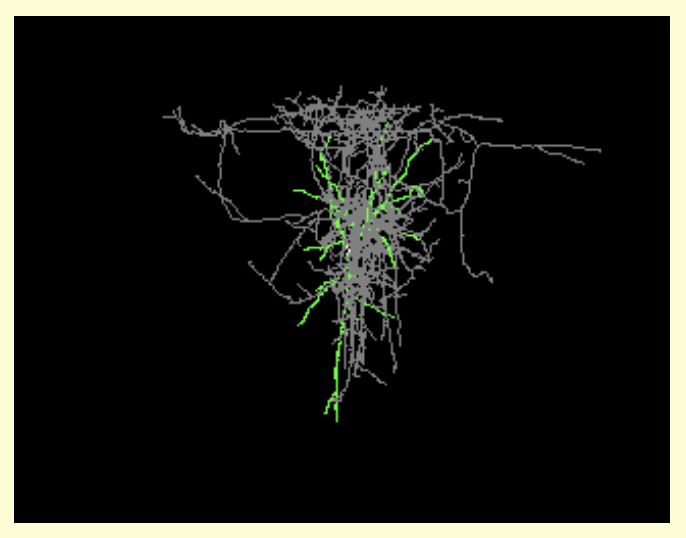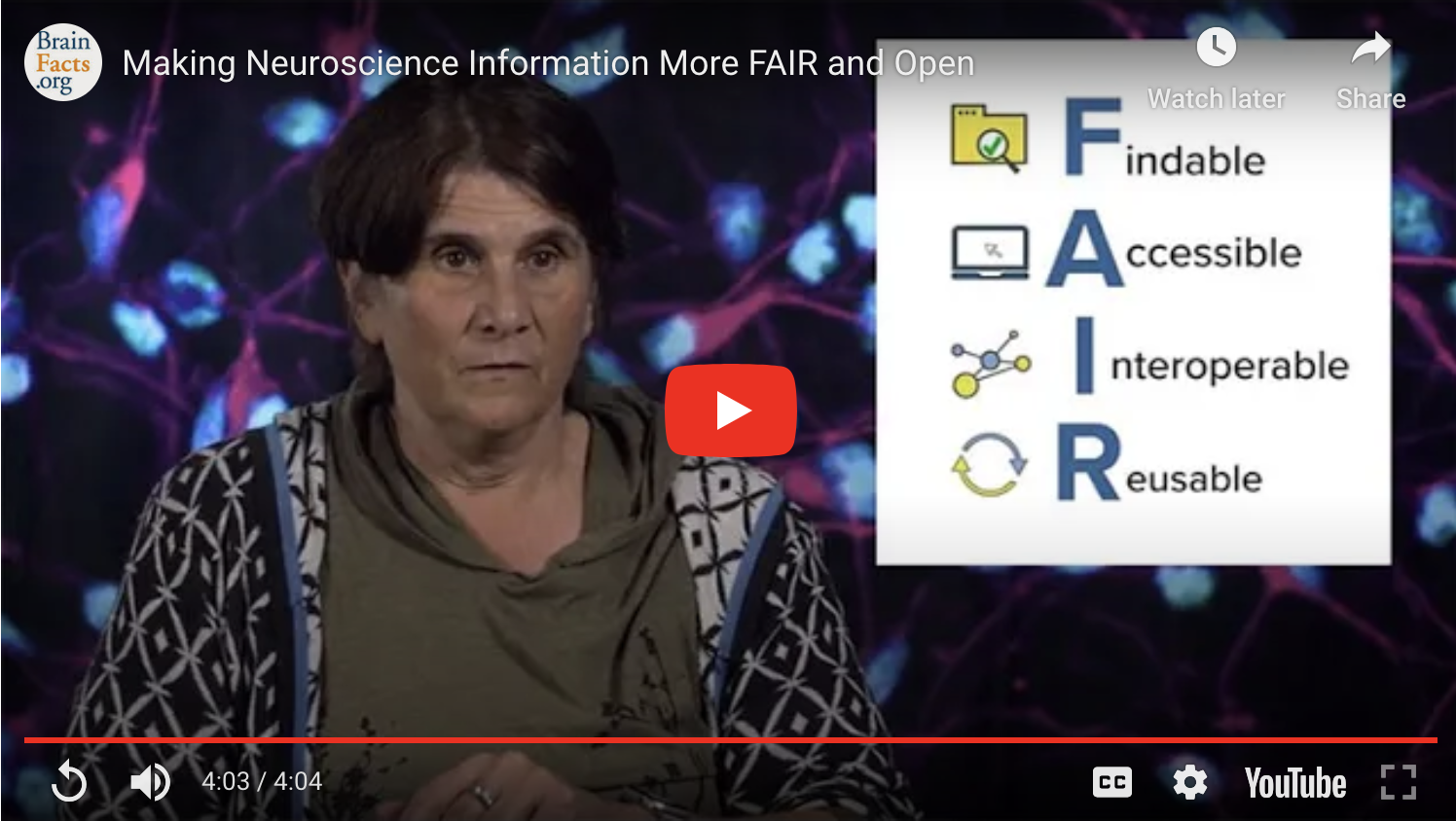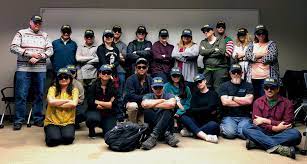URL: http://pingstudy.ucsd.edu/
Proper Citation: Pediatric Imaging Neurocognition and Genetics (RRID:SCR_008953)
Description: A large multi-site pediatric MRI and genetics data resource to facilitate studies of the genomic landscape of the developing human brain. It includes information about the developing mental and emotional functions of the children to understand the genetic basis of individual differences in brain structure and connectivity, cognition, and personality. Investigators on the project are studying 1400 children between the ages of 3 and 20 years so that links between genetic variation and developing patterns of brain connectivity can be examined. Investigators interested in the effects of a particular gene will be able to search the database for any brain areas or connections between areas that differ as a function of variation in a particular gene, and also to determine if the genes appear to affect the course of brain development at some point during childhood. A data exploration tool has been created for mapping and analyzing MRI data sets collected for PING and related developmental studies. Approved investigators will be able to view raw image sets and derived 3D brain maps of MRI and DTI data, conduct hypothesis testing, and graph brain area measures as they change across the time course of development. PING Cores * Coordinating Core: Functions include project management, screening of participants and maintaining the database * Neuroimaging Core: applying a standardized high-resolution structural MRI protocol involving 3-D T1-weighted scans, a T2-weighted volume, and a set of diffusion-weighted scans with multiple b values and diffusion directions, scans to estimate MRI relaxation rates, and gradient echo EPI scans for resting state fMRI. Importantly, adaptive motion compensation, using ����??PROMO����??, a novel real-time motion correction algorithm will be used. Specific PING protocols for each scanner manufacturer: ** PING MRI Protocol - GE ** PING MRI Protocol - Philips ** PING MRI Protocol - Siemens * Assessment Core: Cognitive assessments for the PING project are conducted using the NIH Toolbox for Cognition. * Genomics Core: functions as a central repository for receipt of saliva samples collected for each study participant. Once received, samples are catalogued, maintained, and DNA is extracted using state-of-the-field laboratory techniques. Ultimately, genome-wide genotyping is performed on the extracted DNA using the Illumina Human660W-Quad BeadChip. PING involves 10 sites throughout the country including UCSD, University of Hawaii, Scripps Genomics, UCLA, UC Davis, Kennedy Krieger Institute/Johns Hopkins, Sacker Institute/Cornell University, University of Massachusetts, Massachusetts General Hospital/Harvard, and Yale. Families who may want to participate in the study, or others who want to know more about it, may email questions to ping (at) ucsd.edu.
Abbreviations: PING
Synonyms: PING Study, Pediatric Imaging Neurocognition and Genetics (PING)
Resource Type: database, data or information resource
Keywords: pediatric, neuroimaging, genetics, child, early adult human, adolescent, genetic variant, magnetic resonance imaging, brain, gene, brain structure, connectivity, function, brain development, cognition, experimental protocol, saliva, dna, diffusion tensor imaging, image, genotype, dicom, imaging genomics, magnetic resonance, nifti, FASEB list
Expand Allis listed by |
|
is related to |
NIH Toolbox - Assessment of Neurological and Behavioral Function |
has parent organization |
|
has parent organization |
We found {{ ctrl2.mentions.total_count }} mentions in open access literature.
We have not found any literature mentions for this resource.
We are searching literature mentions for this resource.
Most recent articles:
{{ mention._source.dc.creators[0].familyName }} {{ mention._source.dc.creators[0].initials }}, et al. ({{ mention._source.dc.publicationYear }}) {{ mention._source.dc.title }} {{ mention._source.dc.publishers[0].name }}, {{ mention._source.dc.publishers[0].volume }}({{ mention._source.dc.publishers[0].issue }}), {{ mention._source.dc.publishers[0].pagination }}. (PMID:{{ mention._id.replace('PMID:', '') }})
A list of researchers who have used the resource and an author search tool
Find mentions based on location

{{ ctrl2.mentions.errors.location }}
A list of researchers who have used the resource and an author search tool. This is available for resources that have literature mentions.
No rating or validation information has been found for Pediatric Imaging Neurocognition and Genetics.
No alerts have been found for Pediatric Imaging Neurocognition and Genetics.
Source: SciCrunch Registry





